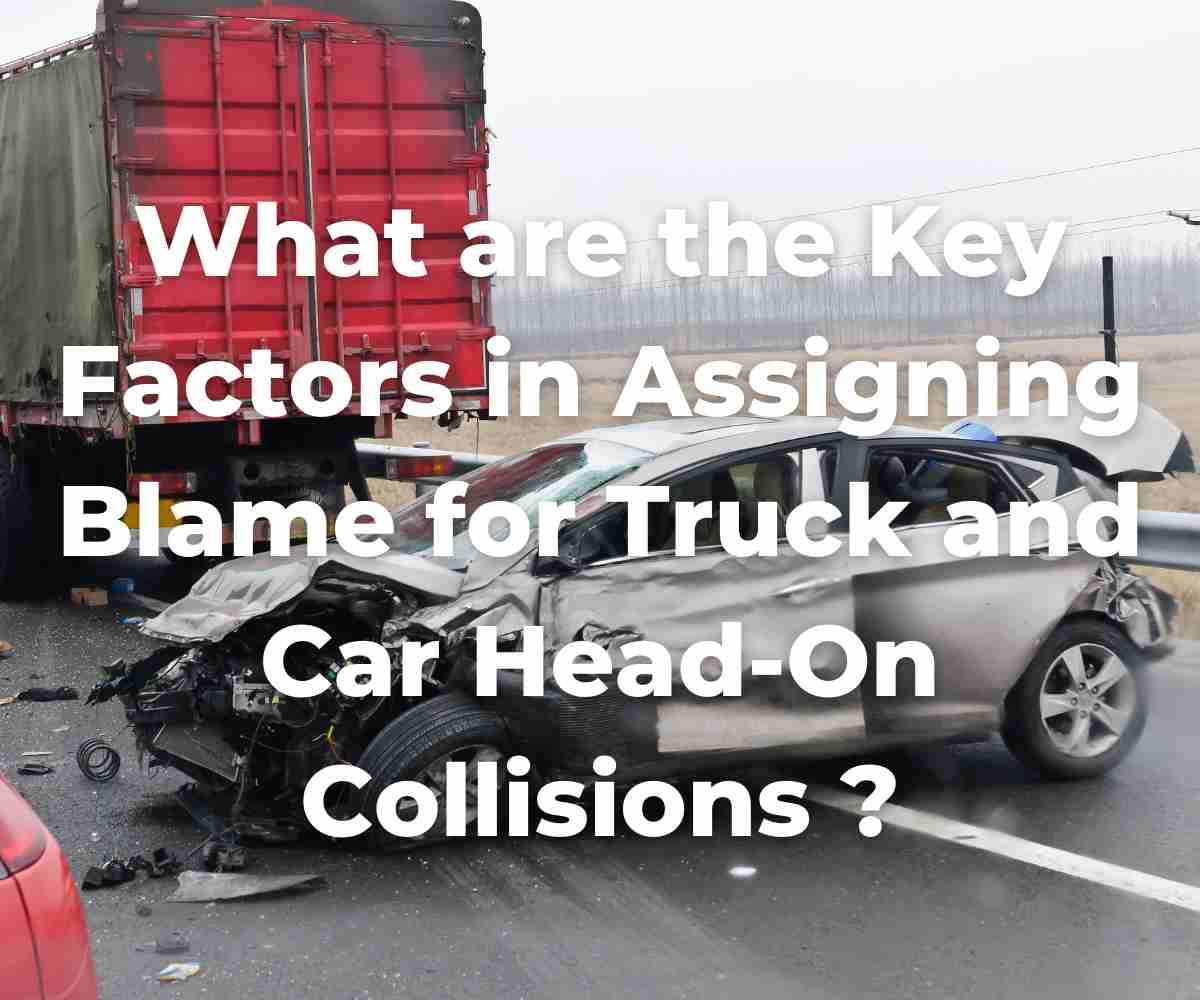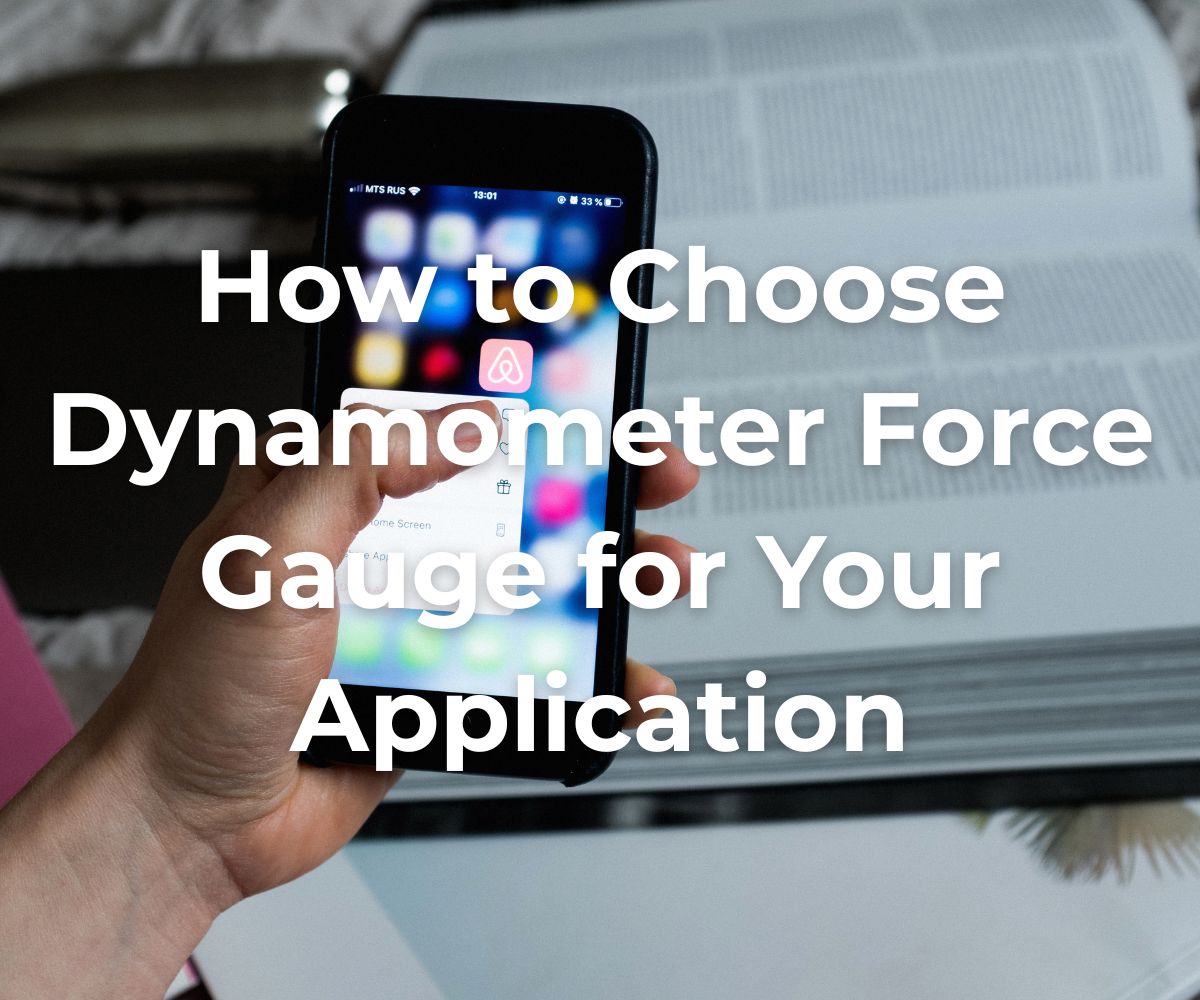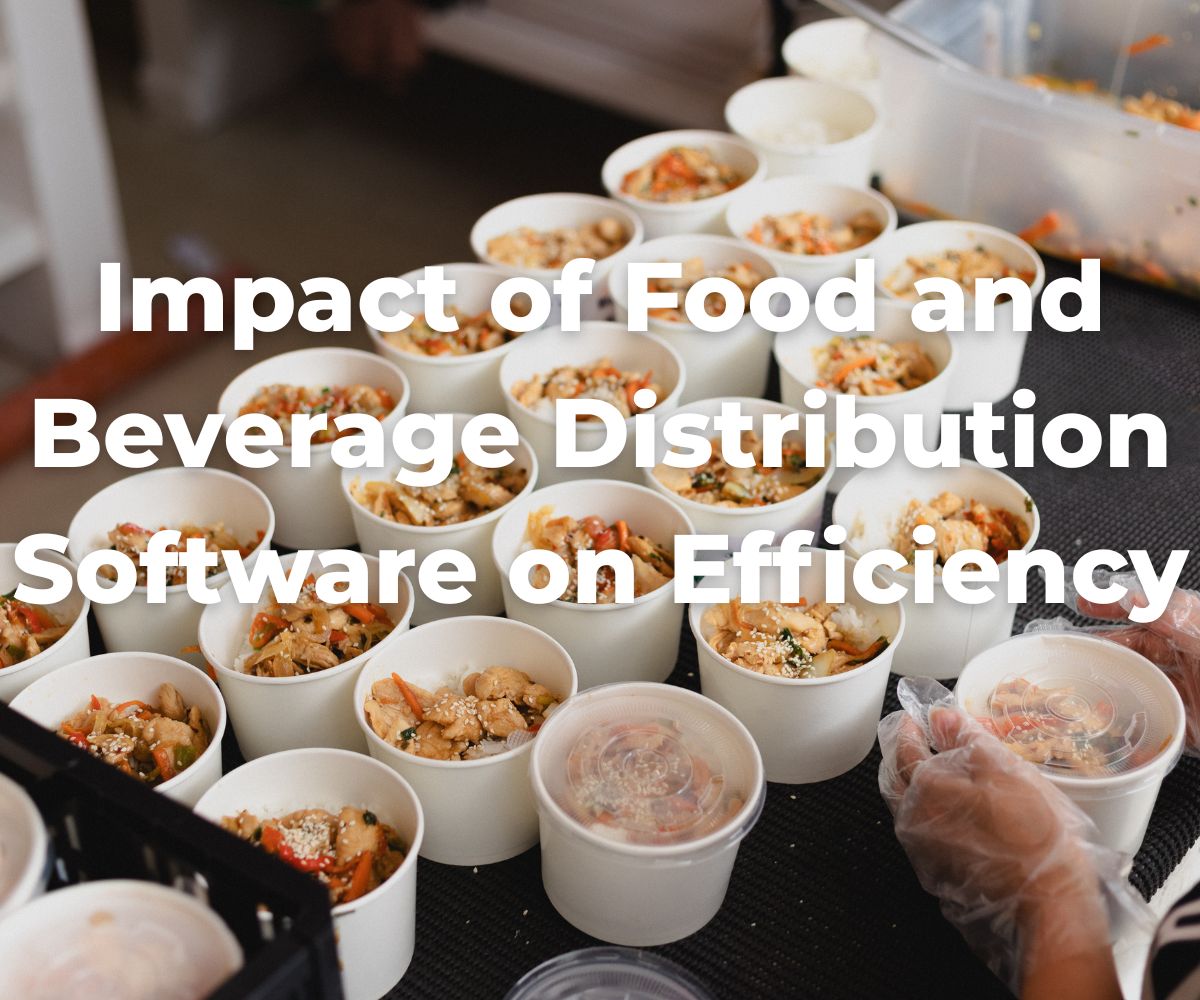what are the key factors in assigning blame for truck and car head on collisions
Description
What are the Key Factors in Assigning Blame for Truck and Car Head-On Collisions ?
Head-on collisions between trucks and cars are among the most catastrophic types of road accidents. It often results in severe injuries and fatalities.
In the US, head-on collisions make up about 2% of fatal crashes but account for over 10% of traffic fatalities.
The devastating consequences of these collisions have prompted extensive research into their causes and potential prevention strategies.
A critical aspect of understanding these accidents lies in determining fault or assigning blame. This goes beyond legal responsibility. It’s vital for uncovering systemic issues, enhancing road safety, and preventing future tragedies.
In this article, we explore the complex interplay of factors involved in assigning blame for truck and car head-on collisions.
1. Driver Behavior and Actions
Driver error is often a primary cause of head-on collisions. The danger of an accident is greatly increased when a driver is distracted by texting, chatting on the phone, or eating. Also, speeding, impaired driving due to alcohol or drugs, and fatigue can contribute to these tragic events.
A study published by ScienceDirect highlights human-centered factors as causes of head-on collisions. These include distracted driving, drowsy driving, and drunk or drugged driving. Wrong-way driving is also a significant contributor.
- What legal consequences can arise from reckless driving in a head-on collision?
Reckless driving in a head-on collision can result in severe legal consequences, including charges like vehicular manslaughter or assault. Substantial fines and imprisonment are also possible penalties.
In addition, the driver may face civil liability, leading to costly lawsuits and compensation claims for victims' injuries and property damage.
2. Road Conditions and Environment
Poor road maintenance, such as potholes, inadequate signage, and lack of proper lane markings, can contribute to these accidents. They cause drivers to lose control or make sudden, hazardous maneuvers.
Environmental conditions, such as fog, rain, or ice, further exacerbate the risk by reducing visibility and road traction.
The US Department of Transportation reports that more than 5,891,000 vehicle accidents occur annually. Approximately 21% of these crashes, including head-on collisions, nearly 1,235,000, are weather-related.
Each year, approximately 5,000 people die, and over 418,000 are injured in crashes related to weather conditions. It highlights the significant impact of these factors on accident rates.
3. Vehicle Maintenance and Safety Compliance
Regular maintenance, including brake checks, tire inspections, and engine diagnostics, is essential for ensuring vehicle safety and functionality. Neglecting maintenance tasks can cause mechanical failures like brake malfunctions or tire blowouts, leading to loss of control and collisions.
Also, adherence to safety regulations, such as ensuring proper lighting and signaling equipment, plays a vital role in preventing accidents.
- Can a lack of maintenance be used as a defense in a legal claim following a collision?
A lack of maintenance typically cannot be used as a defense in a legal claim following a collision. Instead, it may be used to establish liability or negligence, as it demonstrates a failure to uphold safety standards.
It can strengthen claims against the responsible party for damages and injuries.
4. Role of Trucking Accident Lawyers
Navigating the aftermath of a truck accident can be overwhelming due to severe injuries, property damage, and complex insurance claims. The expertise of a trucking accident lawyer becomes invaluable in such situations.
These legal professionals have in-depth knowledge of trucking regulations, personal injury law, and handling cases involving large commercial vehicles.
In March 2024, Fox News reported a fatal crash on I-44 near Sullivan, close to downtown St. Louis, Missouri. According to local authorities, a 28-year-old semi-truck driver crossed the median and struck a passenger SUV head-on, killing 59-year-old Edith McKee. The crash closed all eastbound lanes, with traffic reduced to one lane until the afternoon.
In such an accident, a local attorney familiar with regional laws can extend great help. A St. Louis truck accident lawyer can provide invaluable support by offering tailored guidance and advocacy. These attorneys excel in trucking laws, regulations, and insurance policies, ensuring victims receive fair compensation for their injuries and damages.
Before hiring a lawyer, Torhoerman Law recommends researching six key factors. Inquire about their experience, truck accident resources, and history with truck driver or trucking company claims. Also, understand their fee and payment structure and assess their commitment to your case.
5. Traffic Laws and Regulations
Traffic laws and regulations are fundamental in assigning blame for head-on collisions between trucks and cars. These laws govern vehicle operation, including speed limits, lane usage, and passing rules, and are designed to ensure road safety. Violations of these regulations, such as illegal overtaking or failure to adhere to posted speed limits, can significantly contribute to head-on accidents.
Both commercial trucking regulations and general traffic laws must be considered to determine liability.
Simultaneously, it's crucial to understand human errors such as unsafe lane changes, distracted driving, and speeding, which can cause collisions. LezDo TechMed recommends that at lower speeds, the survival rate for head-on collisions is over 90%, with most individuals escaping with minor injuries. However, this survival rate drops below 35% when speeds exceed 50 mph.
Higher speeds significantly increase the severity of collisions and reduce the chances of survival.
- How can understanding local traffic laws help in preventing head-on collisions?
Understanding local traffic laws helps prevent head-on collisions by ensuring adherence to lane usage, speed limits, and passing rules. Following these regulations reduces risky behaviors and enhances road safety, improving drivers' reactions to potential hazards.
6. Eyewitness Testimonies and Evidence
Eyewitnesses offer detailed accounts of the accident, including driver behavior, road conditions, and the sequence of events leading to the collision. This firsthand information can corroborate other evidence, such as skid marks, vehicle damage, and traffic camera footage, to establish fault.
Proper documentation of testimonies and physical evidence clarifies how the accident occurred and identifies responsibility. Prompt collection and preservation of this evidence are crucial for building a strong case and accurate liability assessment.
7. Insurance Company Investigations and Claims
When a collision occurs, insurers conduct thorough investigations to determine fault and assess damages. This process involves reviewing police reports, examining vehicle damage, interviewing witnesses, and analyzing evidence from the accident scene.
Insurers use this information to decide how compensation should be allocated and who is liable for the damages.
8. Navigating the Complexities of Head-On Collision Liability
Assigning blame for head-on collisions between trucks and cars involves a multifaceted analysis of various factors. Each element contributes to a clearer understanding of the circumstances leading to an accident and helps establish accountability. Effective resolution of these cases relies on comprehensive investigations by insurance companies and adherence to legal standards.
Understanding and addressing these elements is key to ensuring fair outcomes and improving overall road safety.






















